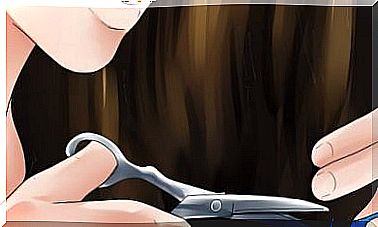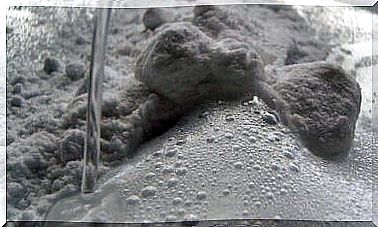High Blood Pressure During Pregnancy
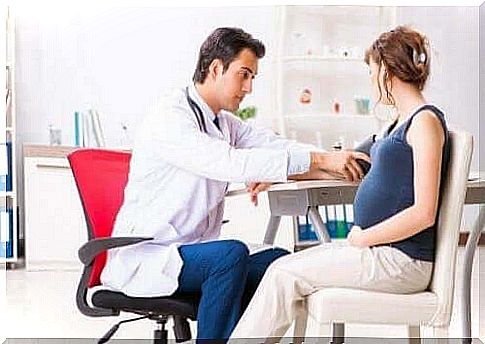
Controlling blood pressure during pregnancy is the best way to prevent other harmful and serious conditions. High blood pressure during pregnancy is diagnosed when the values are above 140/90 mmHg.
But do you actually know exactly what high blood pressure is? Blood pressure is the force the blood exerts on the walls of the arteries. We speak of hypertension when this pressure is too high for some reason.
If you suspect you have high blood pressure, see your doctor. You have to keep this condition under control. After all, it can affect the health of you and your baby. So do not ignore these symptoms and consult your doctor immediately.
High blood pressure during pregnancy
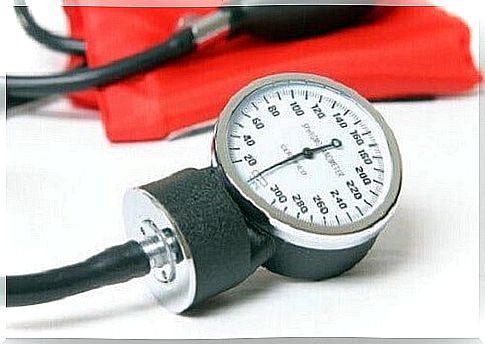
In women who did not suffer from this condition before pregnancy, high blood pressure during pregnancy generally occurs midway and/or during the later stages of pregnancy.
Usually this happens after the twentieth week. It is common for pregnant women to have low blood pressure during the first months of pregnancy.
Depending on the symptoms, we can distinguish three types of high blood pressure during pregnancy, which we will discuss below.
1. Gestational Hypertension
Gestational hypertension is high blood pressure that usually develops after the 20th week of pregnancy. In general, there are no symptoms. In addition, it often disappears after childbirth. However, it can have these consequences such as:
- increasing the risk of high blood pressure in the future.
- trigger a premature delivery.
- cause low birth weight.
- lead to the development of preeclampsia.
2. Chronic hypertension
One speaks of this when a woman suffers from hypertension before pregnancy or when there is high blood pressure before the twentieth week. Like the condition described above, this condition can also trigger preeclampsia.
3. Preeclampsia
Preeclampsia is a sudden rise in blood pressure. Most often, this condition occurs at the end of pregnancy in the last trimester. It can cause damage to your organs such as:
- the liver
- the kidneys
- other organs
In addition, it can threaten the life of the mother and the baby. That is why it is extremely important that you keep an eye on your blood pressure during pregnancy.
Symptoms of high blood pressure during pregnancy

High blood pressure during pregnancy is not always accompanied by symptoms. If this is the case, it usually causes complaints such as:
- headache, especially in the back of the neck.
- a blurred vision.
- sensitivity to light.
- swelling of the hands and especially feet.
- severe abdominal pain.
We have already seen that this condition can be very dangerous for the mother and the baby. For this reason, blood pressure monitoring is an important part of prenatal care.
At every prenatal consultation, your doctor will check your blood pressure. Do you suffer from edema in your hands and face? Suffering from blurred vision and nausea? Then you should consult your doctor.
These are some symptoms of preeclampsia:
- Too much protein in the urine
- Intense headache
- Changes in vision, blurred vision or even loss of vision
- Nausea and vomiting
- shortness of breath
- Low platelet count
- Edema, mainly in the face and hands
- Sudden Weight Gain
- Pain in the upper abdomen, usually on the right side
If you suffer from any of these symptoms, your doctor will run a series of tests. Based on the results, he will then determine whether there is preeclampsia. He will therefore take the appropriate actions to protect you and your baby.
The treatment of high blood pressure
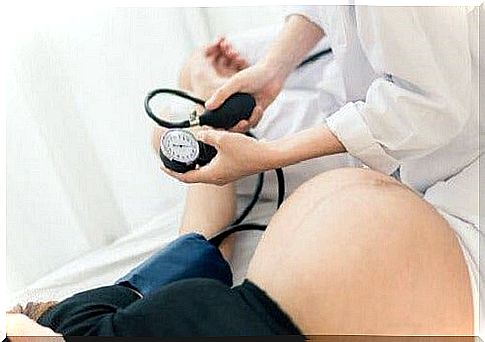
Your doctor will also decide if you should take any medication. This may be necessary to control your blood pressure. Your doctor will determine what should be done based on his personal assessment of the situation.
- The treatment of high blood pressure during pregnancy will also depend on the woman’s condition and her medical history.
- The general condition of the pregnancy will also play a role.
They can prescribe high blood pressure medications that are safe for you and your baby. Take the medication as directed by your doctor. Do not delete or change the doses.
In addition, your doctor may also recommend drinking plenty of fluids (about 12 glasses or three liters a day). In addition, avoid coffee and drinks with caffeine, and limit your salt intake to a minimum.
Other possible recommendations include a balanced diet low in salt and low in ultra-processed foods such as sweets and fried foods. He or she may also recommend that you rest a lot.
More severe cases may require hospitalization. This is necessary to monitor the situation and prevent the possible development of preeclampsia.
To prevent high blood pressure during pregnancy, we also recommend that you exercise regularly. For example, think of:
- to walk
- yoga for pregnant women
- aqua jogging
If you have any questions about this topic, talk to your doctor at your next prenatal checkup. The doctor will be able to answer your questions better than anyone else. That’s because he or she can tailor the information to your personal medical history and physical condition.
